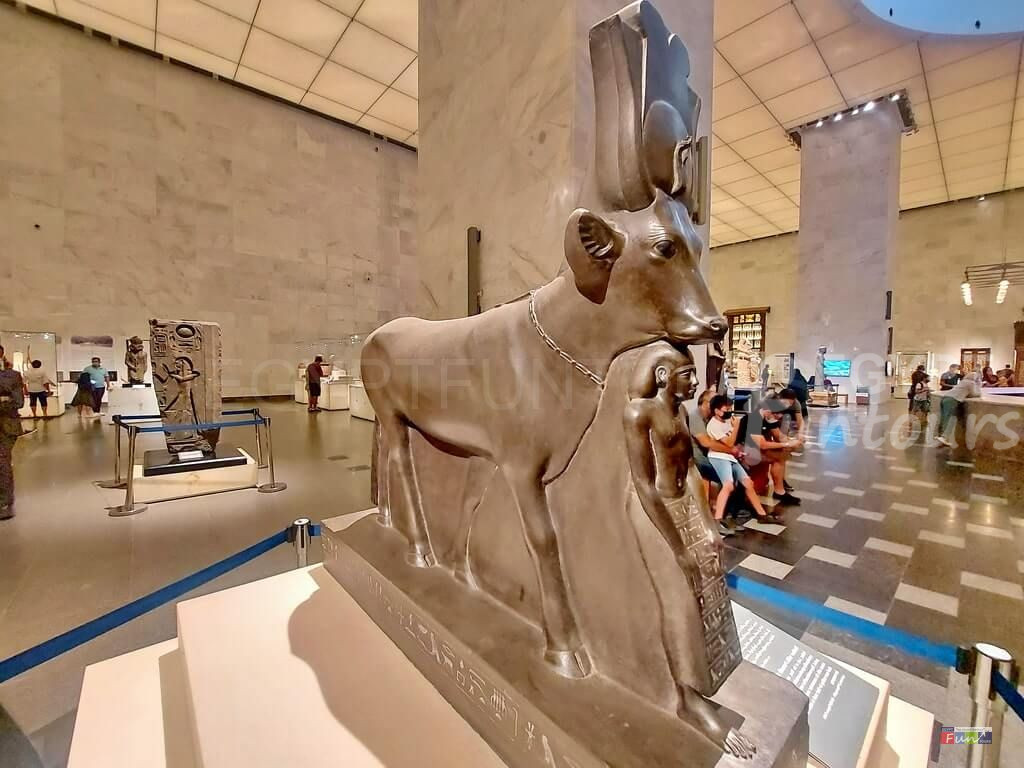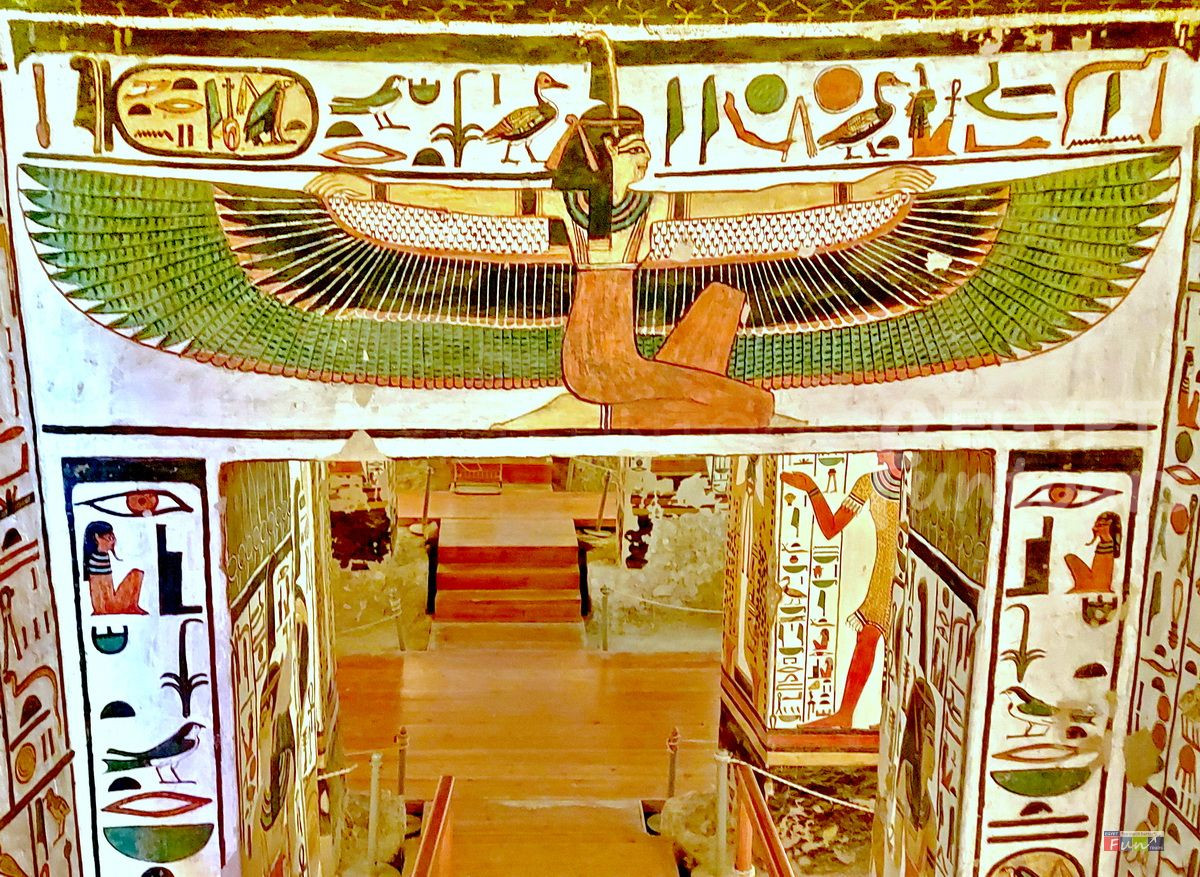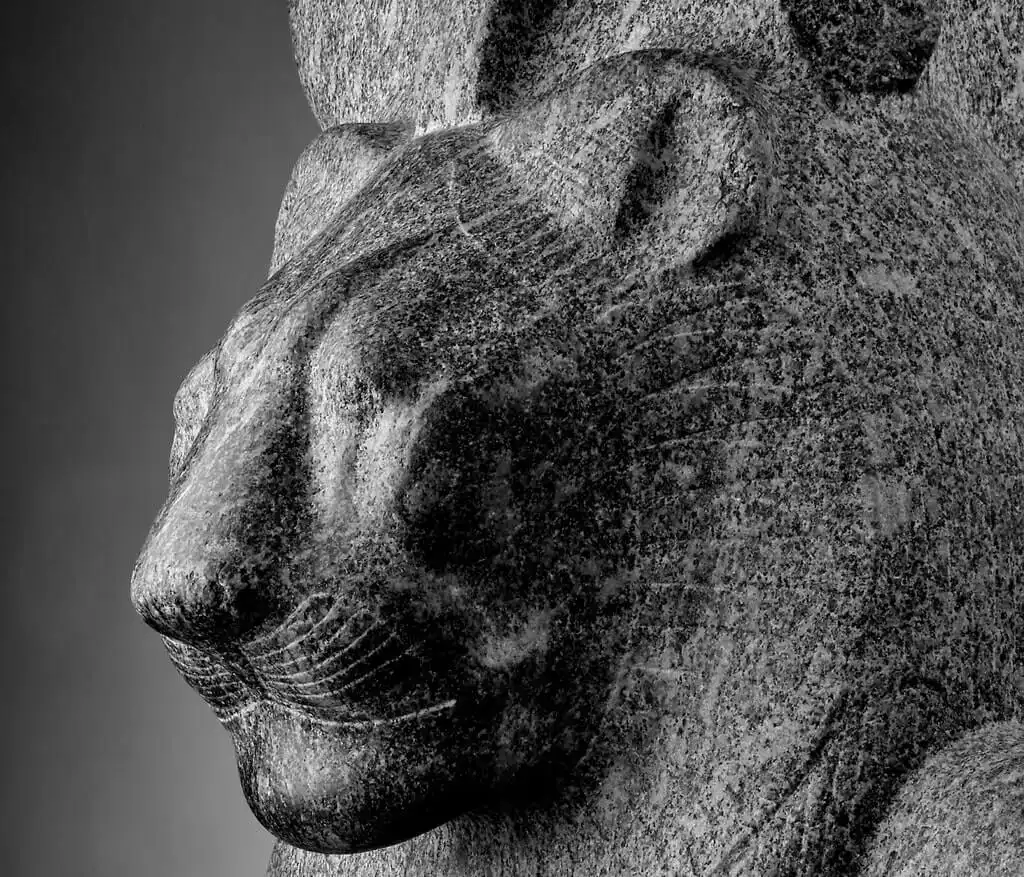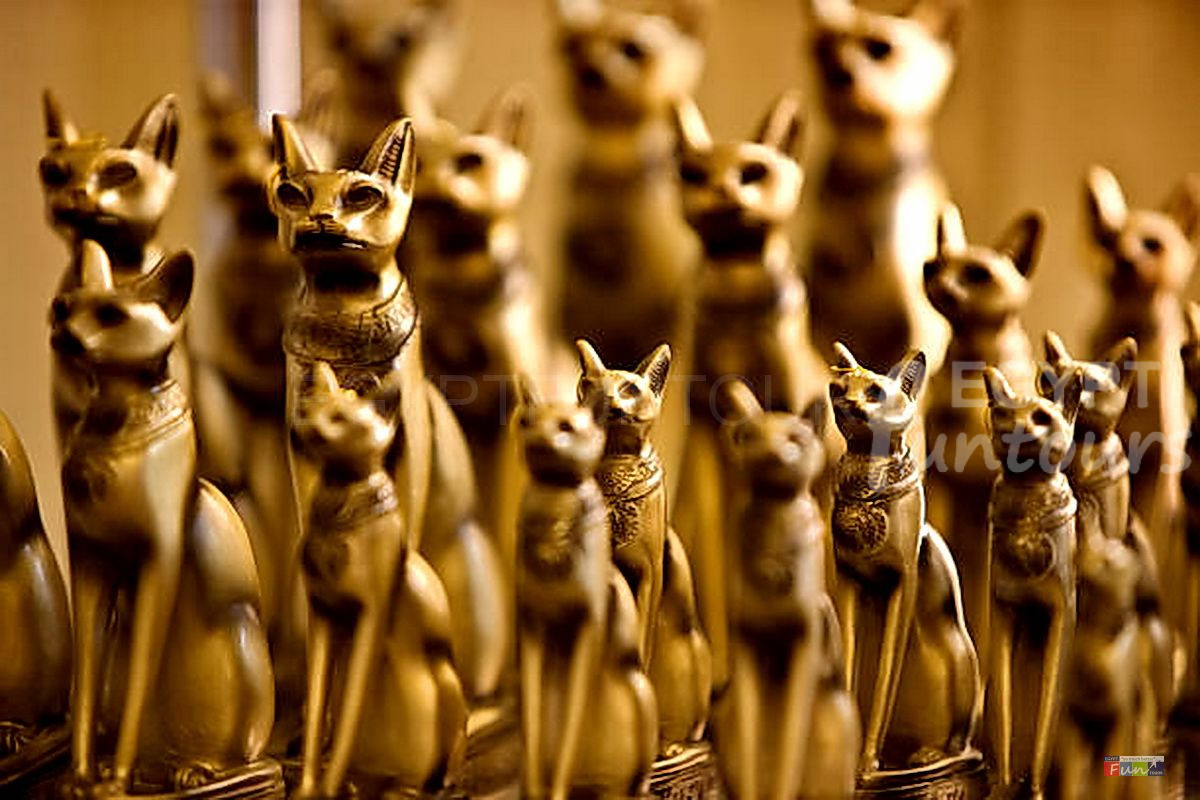
Discover the wonders of Egypt
The Goddesses of Ancient Egypt were powerful figures who influenced both religious life and daily existence. Egyptians believed these deities, who represented concepts such as motherhood, war, justice, and fertility, were essential for maintaining the cosmic order known as Ma’at. Egyptians sought the goddesses’ favor through a variety of rituals, offerings, and festivals, which they deeply embedded in society. The goddesses not only presided over major temples but were also invoked in private homes for protection and guidance. Their roles often overlapped, and their forms could shift, which reflected the complex and dynamic nature of Egyptian theology.

Isis was arguably one of the most revered and influential deities in the Egyptian pantheon. As the goddess of magic, motherhood, and healing, she represented the ideal wife and mother. Her mythical story involved resurrecting her husband, Osiris, and protecting their son, Horus. This story became a cornerstone of Egyptian beliefs about the afterlife. People looked to her for protection from sickness and danger. Her cult later spread throughout the Greco-Roman world, demonstrating her lasting appeal beyond Egypt’s borders.

Hathor, this goddess, embodied love, music, dance, and joy, which made her a beloved figure among all social classes. She also protected women and guarded childbirth. Her temples often served as places for healing and celebration. Her image, which frequently included a sun disk and cow horns, symbolized her role as a celestial cow and a nurturing mother goddess. She also welcomed the deceased to the next world with music and refreshment.

Ma’at was more than just a goddess; she personified truth, justice, and cosmic balance. Pharaohs and common people alike lived by her principles to ensure order in both society and the universe. Her feather played a crucial role in the “Weighing of the Heart” ceremony, a central event in the journey to the afterlife. According to belief, a person’s heart was weighed against her feather. If the heart was lighter, proving they had lived a just life, they could pass into the eternal realm.

Sekhmet, a formidable and fierce lioness goddess, represented both healing and destruction. Egyptians believed she had the power to cause and cure plagues and sickness. They made offerings to appease her destructive nature and to harness her protective, healing power. She was often seen as the powerful, aggressive side of Hathor, demonstrating how Egyptian deities could embody dual aspects of creation and destruction.

Initially, Bastet took on the form of a lioness goddess, much like Sekhmet. Over time, however, she transformed into the gentler form of a cat. She became the goddess of home, fertility, and protection against evil spirits. Consequently, ancient Egyptians held cats in high regard. They associated cats with Bastet’s protective qualities and saw them as sacred animals. Therefore, her temples, especially in the city of Bubastis, became major pilgrimage sites where people brought offerings to honor her and seek her blessing for their families.
Ultimately, the Goddesses of Ancient Egypt were not simply mythological figures. Instead, they were a deeply integrated part of people’s lives. They shaped Egyptian beliefs about the world, the afterlife, and their place within the cosmos. Furthermore, their stories and roles reveal a complex religious system where female power and influence were fundamental to maintaining order and ensuring prosperity.
How far in advance should I book my tour? We recommend booking as early as possible, especially for peak seasons, to ensure availability and secure the best price. Many tours can be booked up to 12 months in advance.
What is the typical group size for your tours? Our Top speciality is Private Tours. As for groups, group size vary by tour, but we generally keep them small to ensure a personal and high-quality experience. The average is typically between 10-16 guests.
Are your tours private or shared group tours? We offer a mix of both. You can find this information clearly indicated on each individual tour page. Group tours are marked as such, and private options are always available.
How do I know if a specific departure date is available? For Private Tours, you do not need to, as they are available everyday. For group tours, you need to contact us.
What is included in the tour price? Inclusions vary per tour but often cover accommodation, transportation, professional guiding, and certain meals/activities & entrance fees. Detailed inclusions are listed on the itinerary section of each tour page.
Do I need to pay a deposit, and what payment methods do you accept? Yes, a deposit (25%) is required to confirm your booking. We accept major credit/debit cards (Visa, Mastercard, etc.) and bank transfers. Full details are in our Terms and Conditions.
Are there any hidden fees or surcharges? No. The price listed on the tour page is the final price, which is inclusive of all mandatory local taxes and fees. Any optional extras will be clearly noted.
What is your cancellation and refund policy? Our policy is clearly detailed in our Terms & Conditions. The amount refunded depends on how far in advance of the start date you cancel. We recommend travel insurance for maximum protection.
Is the destination safe for tourists? Travel safety is our top priority. We closely monitor government advisories and take all necessary precautions. We only operate in areas deemed safe and utilize experienced local guides for maximum security and peace of mind.
Do I need a visa to travel to the destination? Visa requirements vary based on your nationality and the destination. We advise all travelers to check with their country’s embassy or consulate for the most current entry requirements well before departure.
What sort of hotels/accommodation are used? We generally use high-quality, centrally located 4- or 5-star hotels (or the local equivalent). Specific hotel names or classification examples are listed on the individual tour pages.
What should I pack for my tour? A detailed packing list, specific to the tour’s climate and activities, is provided upon booking. Generally, comfortable walking shoes, layers of clothing, and sun protection are a must.
Can I customize a tour or create my own itinerary? Absolutely. If our packages don’t fit your needs, you can work with our travel experts to customize any tour or build a fully private, custom itinerary. Contact us to start planning.
What support is available if I have a problem during the tour? You will have 24/7 access to our dedicated local support team and your tour guide for any emergencies, changes, or issues that may arise during your trip.

